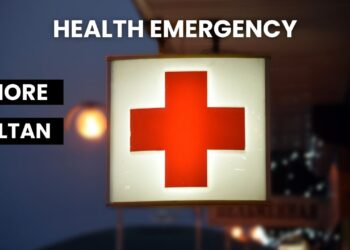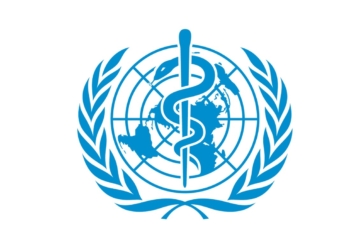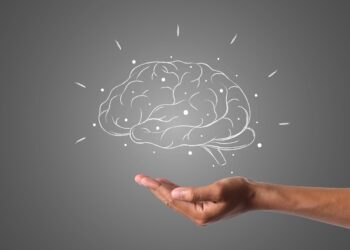Anxiety is your body’s natural response to stressful conditions. It could be described as an unsettling sensation of fear, panic, terror and nervousness etc. usually relating to future events.
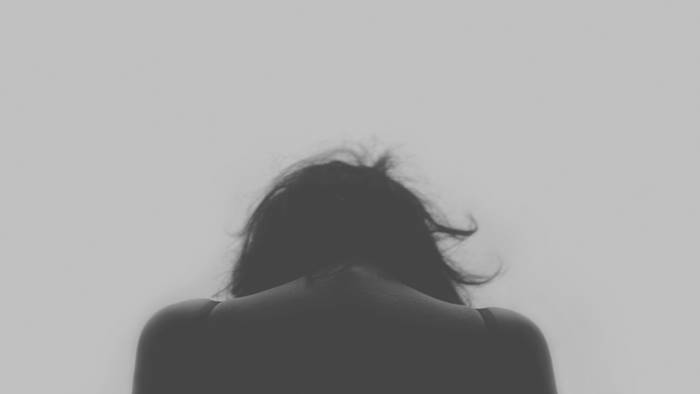
This apparently usual ambiance could be lethal sometimes as it drives you on an overstretched path to self-destruction. Hence, in this article, we discuss some basic causes of anxiety, its symptoms, disorders and its treatment which includes simple steps towards overcoming this fatal disease.
Talking about anxiety, it is a normal part of life that every individual experiences occasionally. Be it first day of school, class presentation, job interview, visit to a new place or even a new work place, every one of us senses that twisted, gut-wrenching vibrations, owing to the forthcoming activities. Hence, this uneasiness is absolutely normal.
Nevertheless, if your feelings of fear and dread are extreme, lasting for longer than six months, and are interfering with your routine life, you may have developed an anxiety disorder and that could be ruinous.
Anxiety Disorders
If the anxiety episodes are transforming to intense, fervent and extensive feelings of dread and panic as well as messing with your everyday activities, there’s a possibility that a serious anxiety disorder has taken over your mental health.
A person with such disorders experiences unusual occurrences of these disturbing agitations. Horror bubble always encircles the individual as they slowly drift away from daily joyous doings and prefer solidarity.
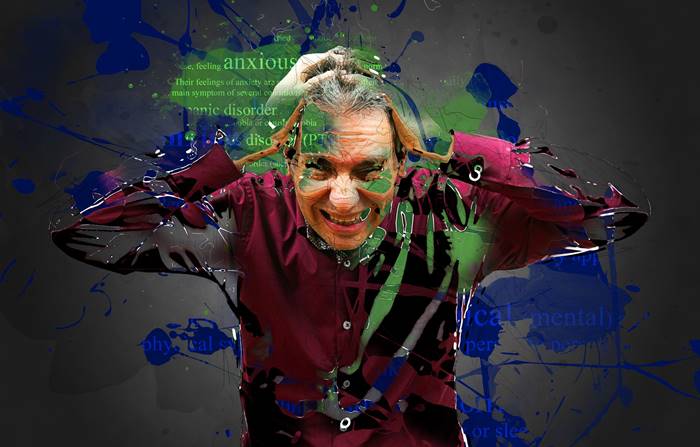
Types of anxiety disorders
Anxiety disorders are of various types and occur at contrasting events. These include,
- Panic disorder in which a person experiences frequent panic attacks at unexpected times and always live in fear of the next hideous episode.
- Social , where a person carries extreme distress of being judged by others in social situations and hence avoids public gatherings and close communications.
- Phobia, which refers to a fear of specific object, situation or activity.
- Post traumatic that surfaces subsequent to a traumatic event. For examples, rape, divorce or miscarriage etc.
- Obsessive-compulsive disorder, recurring irrational thoughts that lead you to perform specific, repeated behaviors.
- Separation anxiety disorder which includes fear of being away from home, family or loved ones.
- Illness anxiety, which is usually caused by a specific disease. However, could continue even after the disease subsides.
All types of this disorders wrangle with your mental health and could be tremendously fatal if left disregarded.
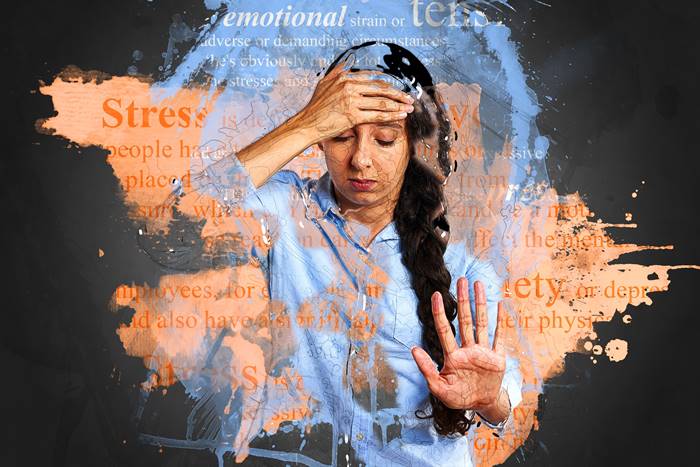
Anxiety Symptoms
Symptoms of this deadly disorder includes,
- Restlessness, nervousness, sweating, trembling, dizziness and numbness.
- Increased heart rate, rapid breathing, shortness of breath and sometimes unconsciousness.
- Difficulty falling asleep and troubled meditations.
- Dry mouth, chills or fever and stomach distention.
Causes of anxiety
Causes that lead to this disorder are still unidentified. However, researchers do believe areas of the brain responsible for controlling fear may be impacted. Moreover, family history of anxiety and environmental factor might also trigger the brain chemistry.
Read More: Overcoming Insomnia – Symptoms & Treatment towards quality sleep
Anxiety Treatment
Anxiety is all about mental state of an individual. Therefore its treatment has been divided in two categories that are psychotherapy and medication.
Psychotherapy includes repeated sessions with psychologists or therapists who work by helping you learn tools and strategies to cope with attacks and fatalities, whenever it occurs whereas medications for anxiety are usually antidepressants and sedatives.
Control anxiety by exercises
Certain exercises are proven to be fruitful, when dealing with an anxiety disorders. Practicing these for short duration or during the attacks could minimize the severe effects of this mind-bending sickness.
1. Practice breathing
Deep breathing helps your accelerated metabolism settle down and could be immensely helpful during an anxiety attack.
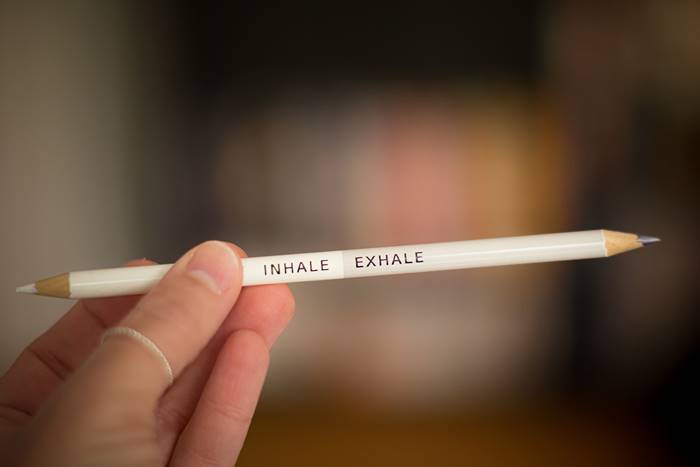
Put one of your hands on your chest and the other on your stomach. The stomach should move more than your chest when you breathe in deeply. Feel your hand movements as you expire and inspire. Take deep breaths for at least 5 minutes. This helps in relaxing your mind and body and lessens the sickness.
2. Busy your mind
Engage yourself in some simpler tasks, like cooking, painting, writing, singing, reading, calling a friend etc. This will reduce your focus on the panic attack and could degrade the worst symptoms. In other words, extra activities would divert your mind from occurring episode.

3. Relax by counting
Counting is a simple way to ease your anxiety. When you feel the disease washing over you, find a quiet and comfortable place to sit. Close your eyes and slowly count to 10. If necessary, repeat and count to 20 or an even higher number. Keep counting until you feel your anxiety subsiding.
To conclude, anxiety is a serious mental disorder that requires extraordinary consideration and attention. Leaving an anxiety driven individual on their own could lead to death, suicide and other serious and unpleasant circumstances.
Read More: Depression, a silent killer for teens & young adults






